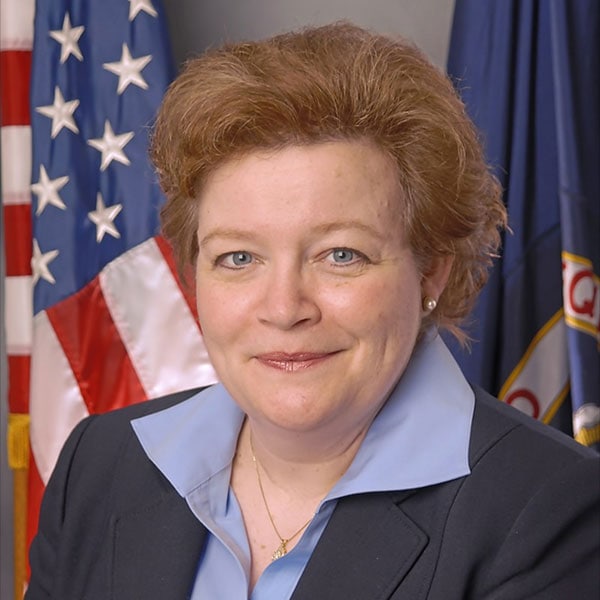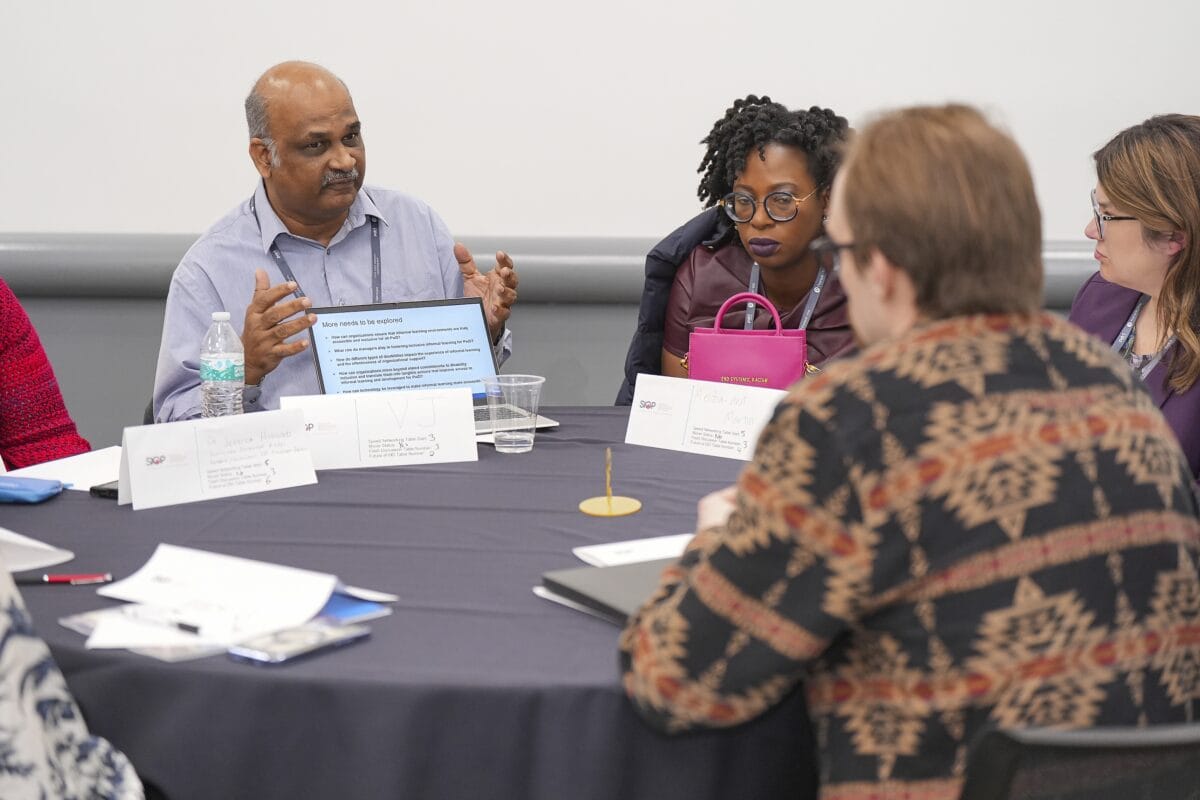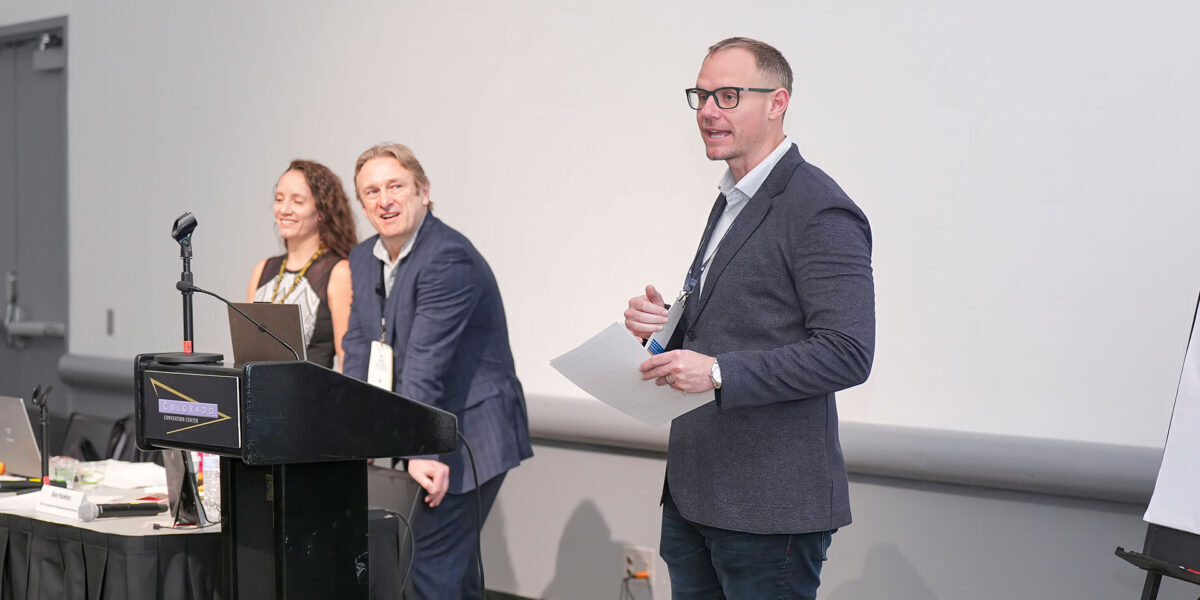This workshop will address the rapidly changing regulatory environment, including executive orders and other actions that impact a range of EEO issues related to employee selection and talent management (e.g., pay equity, the use of artificial intelligence, DEI) and implications for I-O and HR professionals.
Legal and regulatory changes through 2025 and into 2026 are reshaping how I-O psychologists and HR professionals approach employee selection and talent management. Executive orders targeting “illegal DEI,” shifting definitions of adverse impact, evolving AI regulations, and increased federal data requests are creating new compliance challenges. This workshop—led by a distinguished attorney and two leading I-O psychologists—will examine these developments and their implications for practice. Using case studies across selection, pay equity, and DEI, participants will explore professionally sound and legally defensible approaches to evaluating talent management tools and procedures. Attendees will learn how to apply I-O methodologies to ensure compliance with current laws and standards, including those governing AI-based technologies. This session advances the science and practice of I-O psychology by equipping professionals with the knowledge and actionable strategies needed to navigate a rapidly changing legal landscape.
Presenters

Nancy Tippins is a principal of the Nancy T. Tippins Group, LLC, where she brings more than 40 years of experience to the company. Her firm creates strategies related to work force planning, sourcing and recruiting, job analysis, employee selection, succession planning, executive assessment, and employee and leadership development. Much of her current work in the area of tests and assessments focuses on evaluating programs for legal risks, including concerns regarding validity, adverse impact, record keeping, consistency in administration, and uses of test information.
Throughout her career, Nancy has participated in the creation and revision of professional standards for tests and assessments, serving on the committees that revised the Principles for the Validation and Use of Personnel Selection Procedures for the Society for Industrial and Organizational Psychology (SIOP) in 1999 and co-chairing the committee that revised the Principles in 2018. She was also a member of the committee that revised the Standards for Educational and Psychological Tests for the AERA, APA, and NCME in 2014 and was a U.S. representative on the committee that revised the ISO 10667 International Assessment standards in 2011. She also worked on SIOP’s addendum to the Principles that addresses tests and assessments that incorporate artificial intelligence.
Active in professional affairs, Nancy has a long-standing involvement with the Society for Industrial and Organizational Psychology where she served as resident (2000-2001). She currently is the president of the SIOP Foundation. She is a fellow of SIOP (Division 14 of the APA), Quantitative and Qualitative Methods (Division 5 of the APA), the American Psychological Association (APA), and the American Psychological Society (APS) and is an active participant in several private industry research groups. Nancy received her MS and PhD in Industrial and Organizational Psychology from the Georgia Institute of Technology.

Victoria A. Lipnic is a Partner at Resolution Economics. She leads the Company’s Human Capital Strategy Group. The Human Capital Strategy Group combines the Company’s expertise in data analytics and deep knowledge of regulatory requirements with an interdisciplinary approach to advise organizations on the full range of their human capital needs and reporting requirements including recruitment, selection, promotions, DEI&A, pay equity, and overall talent allocation.
Lipnic joined Resolution Economics in 2021. She has broad experience in the full range of human capital, labor and employment issues, especially from the regulatory enforcement perspective. Prior to joining the Company she served as Commissioner from 2010 to 2020 and Acting Chair from 2017 to 2019 of the U.S. Equal Employment Opportunity Commission. She was appointed to the EEOC by President Barack Obama and unanimously confirmed by the U.S. Senate. At the EEOC she worked on policy, cases, and regulations under all of the statutes enforced by the Commission including Title VII of the Civil Rights Act of 1964, the Age Discrimination in Employment Act (ADEA), the Americans with Disabilities Act (ADA), the Equal Pay Act (EPA), the Pregnancy Discrimination Act (PDA) and the Genetic Information Nondiscrimination Act (GINA). While at the EEOC she participated in numerous agency regulatory initiatives including the final GINA regulations, the ADA, as amended, regulations, and the revisions to the EEO-1 form to include pay data reporting. She organized the agency’s first public meeting on Big Data in Employment, created its Chief Data Officer position, oversaw development of the Office of Enterprise Data and Analytics and published a significant report on age discrimination. She co-chaired the EEOC’s Select Task Force on the Study of Harassment in the Workplace, and co-authored its seminal report, issued in 2016, before the #MeToo movement.
Prior to joining the EEOC, she practiced law with Seyfarth Shaw, LLP. She also served as the U.S. Assistant Secretary of Labor for Employment Standards from 2002 to January 2009, a position she was appointed to by President George W. Bush. At the Department of Labor she oversaw regulatory development and enforcement for the Wage and Hour Division, the Office of Federal Contract Compliance Programs (OFCCP), the Office of Labor Management Standards and four national workers’ compensation programs. This included oversight and enforcement of the Fair Labor Standards Act, the Family and Medical Leave Act, Executive Order 11246 and the Labor Management Reporting Disclosure Act.
Prior to her service as Assistant Secretary, Lipnic served as Workforce Policy Counsel to the Committee on Education and the Workforce in the U.S. House of Representatives. She was also in-house counsel for labor and employment with the U.S. Postal Service.

Lisa D. Grant Harpe, Ph.D., is an Industrial Psychologist and Director of HR & EEO Analytics, Principal Consultant in the Employment & Litigation Services Division at DCI Consulting. In this role, Dr. Harpe assists companies in the evaluation of the fairness of their employment practices. This includes statistical and qualitative analysis of hiring, performance appraisal, compensation and promotion practices, as well as coordination with attorneys and employers involved in discrimination litigation or Office of Federal Contract Compliance Program (OFCCP) audits. She brings 20 years of expertise in industrial psychology and statistical analysis.
Dr. Harpe joined DCI after 17 years working with the Peoplefluent Research Institute (PRI), part of the Workforce Compliance and Diversity division of Peoplefluent. Prior to that, she was the first Industrial Psychologist for the North Carolina State Highway Patrol where she implemented, managed and evaluated promotion and performance appraisal systems for the organizations 1,200 officers and validated a new hiring system for Troopers.
Dr. Harpe holds a bachelor’s degree in psychology from Wake Forest University and a master’s and Doctor of Philosophy degree in psychology from North Carolina State University.
Level
Intermediate
Learning Objectives
- Review at least five recent laws, executive orders, or court decisions that impact employee selection and talent management practices.
- Describe three new or updated legal requirements for federal agencies, universities, and private employers related to selection procedures, and explain strategies to reduce legal risk.
- Discuss two or more AI-based technologies currently used in recruitment, selection, promotion, development, or placement, and summarize the key regulatory considerations for each.
- Apply I-O psychology methodologies to evaluate the legal compliance of selection tools, referencing relevant laws, regulations, and professional standards.
- Identify and critique three strategies for minimizing legal risk when implementing AI-based tools in talent management processes.
Topic
2026 Annual Conference
Times Offered
All times are in
timezone.
- Wed Apr 29th 8:00 a.m. to 12:00 p.m.
- Wed Apr 29th 1:00 p.m. to 5:00 p.m.
Delivery Type
In-Person
Workshop Coordinator
Rick Hense, Bank of America
Add to Calendar
All times are in
timezone.
Associated Resources
Sorry, we couldn't find any posts. Please try a different search.
Related Events





